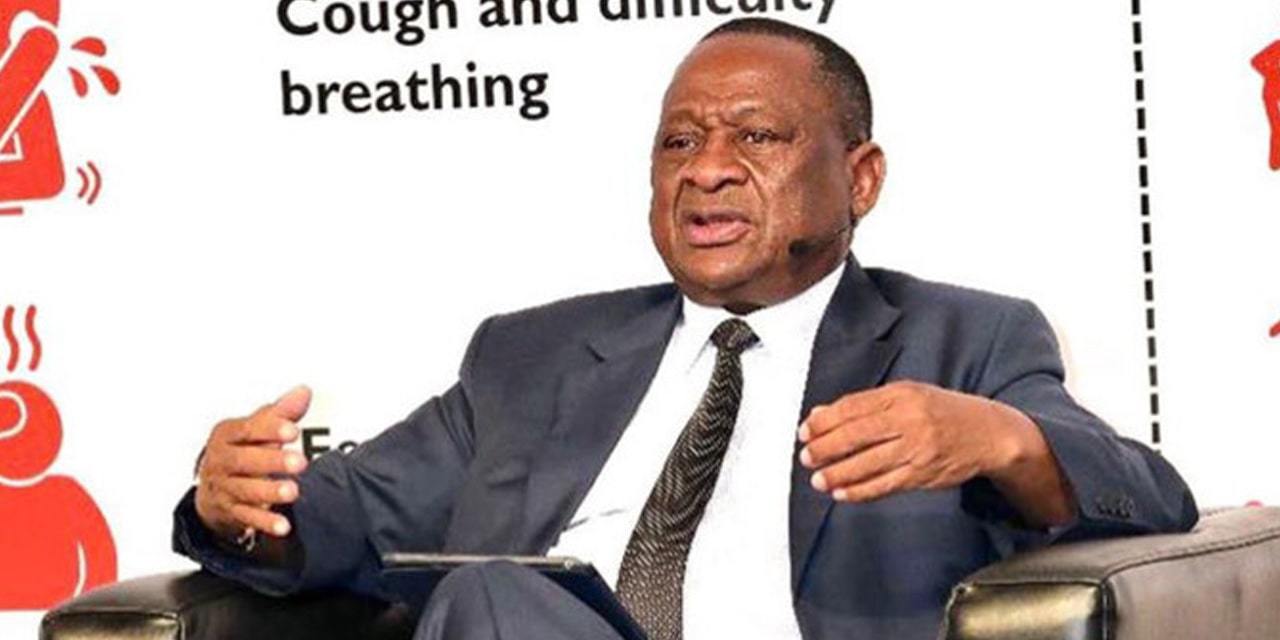Kandjemuni Kamuiiri
Health and Social Services Minister, Kalumbi Shangula, says Namibia will not be relaxing its COVID-19 regulations despite the arrival of the country’s first batch of vaccines and the beginning of its inoculation role out schedule for Friday.
“No, it will not be relaxed. We will still continue to have public health measures because we have not yet vaccinated anybody, we need to vaccinate about 80 percent of the population and then we will see whether they are fully protected, it will be a combination, just like we have the mask, social distance and you get vaccination,” he said.
“If people behave, we will not talk about regulations. People behaving is reducing the invitation of more cases.” According to Kalumbi, all measures will be put together to ensure that maximum protection is achieved in the country’s fight against COVID-19.
Currently a 22h00 – 04h00 curfew is in place, a face mask is mandatory, while crowd gatherings are limited to a maximum of 50 people, among other regulations.He, however, said the Ministry was still to receive the N$583 million required to fund its COVID-19 vaccination exercise, including the acquisition of additional dosages.
“There is no fund which is always there. We don’t need to hold it because we haven’t bought the vaccine. When we are going to buy the vaccine, we will get the money.” On the country’s plans for a third wave of infections, Kalumbi was dismissive of the possibility of Namibia being affected, adding that the public’s behaviour will remain key to address a surge in infections.
“Is the third wave coming? When is the third wave coming? We are in Africa, we are not in Europe. We have always been prepared for any epidemic, up to now, as we are now, we are still with Covid-19, although the cases are getting less, there is still a possibility that it can strike up depending on the behaviour of the people. It’s all the people who will fuel that,” he said.
South African President, Cyril Ramaphosa, earlier this month mentioned that an inevitable third wave is coming alongside European countries. On AstraZeneca Covid-19 vaccines, the Health minister remained adamant that the country will forge ahead with importing the vaccine, despite its banning and suspension by some European countries citing blood clotting side effects.
“Some countries have suspended their use because they were reported blood clots, but it has not yet been established further that blood clots is due to the vaccine or due to any other causes. Because even without the vaccine, the blood clots still occur in individuals, that link has not yet been established. They only suspended but they did not ban it,” he said.
On its ineffectiveness based on South African finding, he said, ““Nobody can make a definite conclusion on a small population. Normally when you do trials you take a large representative sample but this was not the case with the South Africans and European countries.”




